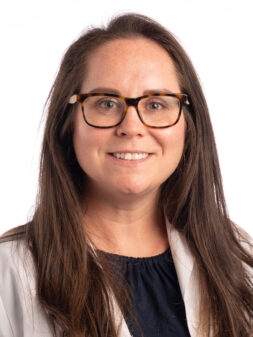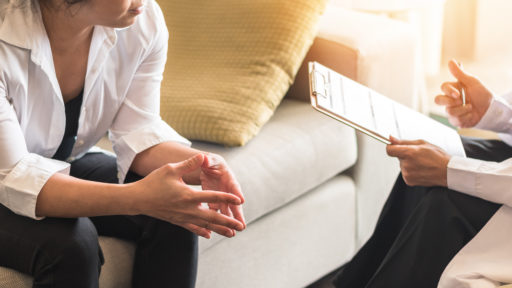Opioid use disorder is a treatable medical condition that is caused by changes in the chemistry of the brain that occur as a result of the use of opioids.
Opioids are drugs that work in the body the way opium does. Some are made directly from opium, such as morphine, and codeine, while others are man-made but similar chemically to opium, including the painkillers oxycodone, hydrocodone, and fentanyl, better known by such brand names as Oxycontin, Vicodin, Percocet and Actiq. Heroin is also an opioid.
For many, the decision to begin taking drugs is voluntary: it may have started with medicine that your doctor prescribed for serious pain, or with recreational drug use with prescription pain medications or heroin. Regardless of how you became dependent, once dependence has developed it is considered a disease that requires treatment. And, once a person becomes addicted or dependent on a drug, he or she may find that willpower is no match for the chemical, behavioral, and psychological nature of opioid dependence.
Signs of Opioid Dependence
A person who shows three or more of the following behaviors over a 12-month period is most likely opioid-dependent:
- Needing to take more of the drug to get the same effect—or getting a lesser effect from the same amount of drug;
- Experiencing withdrawal symptoms when not using opioids, or taking other drugs to help relieve withdrawal symptoms;
- Taking larger amounts of opioids than planned, and for longer periods of time;
- Persistently wanting to quit, or trying unsuccessfully to quit;
- Spending a lot of time and effort to obtain, use, and recover from taking opioids;
- Working less, missing work, or, if unemployed, not seriously looking for a job;
- Spending less time seeing friends who don’t use opioids; skipping recreational activities;
- Continuing to use opioids despite negative consequences.



